It brought him face-to-face with the shambling, piecemeal negotiating procedure that prevailed at the time between individual F1 teams and race organisers. He had little difficulty persuading fellow competitors of the benefits associated with collective bargaining. This was to be the foundation of Ecclestone’s powerbase.
For his part, Bernie realised he needed to present a professional package – and F1 was anything but. Race weekend schedules were as varied as the quality and quantity of the entry, teams choosing not to turn up if they were uncompetitive. And that no-show decision could be made as late as the week preceding a race.
A sharp eye for detail and perfection (Brabham was one of the first teams to have mechanics in uniforms, colour-coded to each day) led to a strict timetable and a guaranteed entry. Standards and the sport’s popularity rose in company with increased exposure and income, Bernie taking his cut of the latter.
He may have had help along the way but it was Ecclestone who orchestrated the talent – and money – of others as he moulded his astute vision into reality. It could be argued that other entrepreneurs might have eventually done the same. But none would have achieved it with the same blend of flair, audacity, cheek and ruthlessness.
When necessary, Ecclestone made enemies as readily as he made money. The truth is that the majority of his detractors were frustrated by discovering the loss of a deal they thought they had won – a familiar complaint from traders back in the 1950s when Ecclestone bought and sold cars and motorbikes.

Decades later, it would be the same story as race organisers negotiating with Ecclestone found, to their detriment, that he had deftly switched currencies during a lengthy and complicated process. For a man eventually worth billions, it may sound strange to say that Ecclestone was not totally motivated by the money, per se. For Bernie, the deal continued to be the thing. And winning it. Which he usually did thanks, in part, to working with one man in particular.
Ecclestone found an ally in Max Mosley, then running the March team. On the face of it, they were like chalk and cheese; Mosley the urbane lawyer from a privileged background; Ecclestone the street-wise grafter with an equally sharp mind. They were the perfect fit, united by the same impish sense of humour.
Formation of the Formula One Constructors’ Association (FOCA) integrated the teams as Mosley relished the politics and Ecclestone the business potential. Bernie introduced a FOCA pass for all personnel, much to the displeasure of organisers who, until this point, had issued accreditation to each team as a matter of personal preference.
When Ecclestone investigated other sources of income, he found no objection from the teams for whom life under Bernie was becoming exceedingly profitable. On their behalf, Ecclestone was moving beyond deals with race promoters to begin mining the rich potential of television. Previously, broadcasters had been able to cherry pick the races in the belief they ought to be paid for helping advertise the event. Now Ecclestone forced them to sign annual contracts to cover every race – and pay a substantial fee for their trouble.
All of this was done without recourse to FISA. The sporting arm of the FIA, the world governing body of motoring, kept their collective heads below the parapet, happy in the knowledge that someone else was doing the donkeywork in promoting the sport for which they were supposed to be responsible. But the situation was about to change dramatically in 1978 when FISA elected a new president, Jean-Marie Balestre, a bombastic businessman who vowed to wrestle power back from FOCA and the predominantly British teams.

A lengthy standoff lead to an uneasy truce and the foundation for the so-called Concorde Agreement outlining terms and conditions that, in effect, gave Ecclestone everything he wanted. On behalf of FOCA, Bernie retained the right to negotiate contracts and distribute the proceeds which, in 1981, amounted to about half a million dollars from each of the 15 races.
The path was set for the making of money on an unprecedented scale – with Bernie’s percentage having risen in some instances to more than 20 per cent, plus his share of earnings from previously untapped sources such as the Paddock Club and circuit advertising.
Meanwhile, the show was becoming more polished and precise with each passing year. Having gone from poacher (selling Brabham in 1987), the role of accommodating gamekeeper was adopted when, thanks to the arrival of Mosley as FIA President, Ecclestone became vice-president in charge of promotional affairs for an organisation he once despised.
Ecclestone may have come full circle but his concern for the sport went beyond its financial well-being. In 1978, Bernie had persuaded Professor Sid Watkins to knock the hopelessly inadequate on-circuit medical backup into the world class condition taken for granted today, Watkins’ extensive demands being backed by Bernie’s genuine threat to withdraw the teams from the race if necessary.

The direction of Ecclestone’s influence began to change in 2006 when F1 ended up in the hands of CVC Capital Partners, with Ecclestone as chief executive. He kept the shareholders happy but, as is usually the way with capital venture companies, the time came to move on and prompt F1’s recent sale to Liberty Media.
Bernie, at 86, is now a consultant, one with vast experience drawn from every aspect of the sport, spread across six decades. He remains a familiar and immaculate figure in the paddock, his love of motor racing undimmed.
By pulling F1 by the bootstraps from a shambling semi-amateur collection of car racers, Ecclestone turned it from a relatively minor interest into one of the biggest television sports in the world outside the Olympics and the football World Cup.
A great many people have a lot to thank him for. It is fitting that he should be recognised at the Festival of Speed this weekend
Photography courtesy of LAT Images
bernie ecclestone
FOS
FOS 2017
2017

Formula 1
FOS Central Feature to celebrate Bernie Ecclestone's incredible career!

Festival of Speed
The Bernie Ecclestone story, part 1: From buns to Brabham

Formula 1
Doug Nye: Bernie Ecclestone – loved, loathed and now dethroned
Goodwood Motorsport App
-

Video: 11 minutes of stunning FOS noise
-

Video: Rally car hillclimb madness at FOS
-

Video: This trackside footage of the McMurtry Spéirling is barely believable





































































